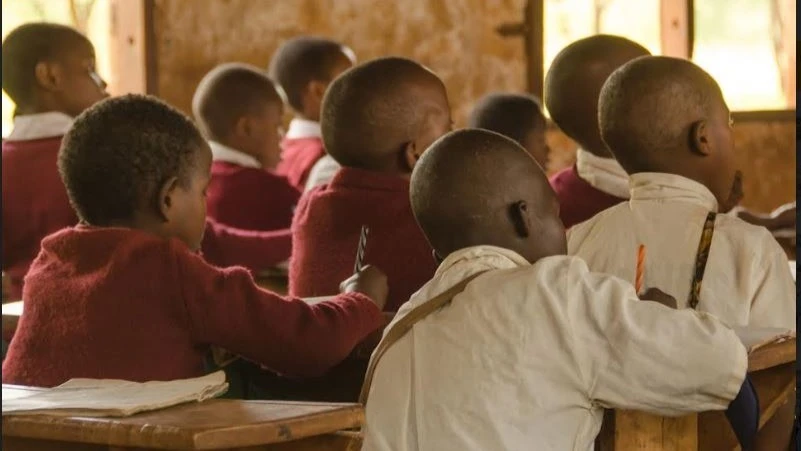Late payment of school fees and its effects on academic, social development of a child

HUMAN beings constantly strive for social differentiation and assimilation, driven by the desire to improve and achieve desired success. For some, success means standing out and excelling in various areas of life, while for others, it means fitting in and being like their peers.
Education, though often expensive, is one way to gain recognition and success. The challenge of acquiring quality education with limited financial resources is a struggle faced by many parents and students.
This struggle is continuous, fueled by the endless desire to excel. No one aspires to low standards of living, but life’s challenges often become obstacles. Everyone desires the best services and treatment, but we know resources are limited. In the pursuit of these resources, particularly financial ones, a few manage to accumulate a lot, while the majority can save a little.
School fees are typically set based on the quality of educational services rather than financial ability of parents. It is important for parents to choose schools that align with their financial capacity. However, as economic conditions change, parents may find that they can no longer afford the schools they initially chose for their children.
Problems arise when children are denied entry to classes due to unpaid or delayed school fees payment, creating a stressful, cat-and-mouse dynamic between students and school administrators.
Some parents resort to writing commitment letters to keep their children in school. Yet, if they fail to meet the promised payment dates, their children are sent home, disrupting their peace of mind and diminishing their confidence in receiving an education.
Learning should be a continuous process, but lack of school fees forces some students to have irregular attendance, with some days spent in school and others at home.
Teachers are often caught in a difficult position, especially when students struggling with school fees are among the best performers. Although teachers may wish to keep these students in class, they are bound by the school’s financial policies. School owners prioritize collecting overdue fees, while teachers worry about how these disruptions will affect overall class performance. Addressing the issue of school fees is crucial because it has significant consequences for students.
Missing lessons; nothing is more troubling for a dedicated student than missing lessons. Missing even a single lesson can create gaps in understanding, making it harder for students to keep up with subsequent lessons. Teachers may find themselves in a situation where they need to repeat lessons privately for students who have missed classes due to unpaid fees, often because these students have high potential.
Social isolation; social interaction is crucial for mental and social well-being, as it helps students acquire the skills necessary to lead successful lives. Schools offer an opportunity to build friendships and networks that can be valuable in the future.
When students are at home due to unpaid or delayed school fees, they miss out on these social interactions, leading to feelings of isolation and loneliness. This psychological impact can hinder their ability to take advantage of learning opportunities.
Lack of talent development; schools play a vital role not only in academic excellence but also in talent development. Exposure to different activities and ideas helps students nurture their talents. Those affected by school fee issues have limited opportunities to participate in such activities, preventing them from developing their talents.
Failure to develop both academic skills and talents can undermine a student's confidence and ability to face life’s challenges. It's important to remember that some individuals achieve success more through their talents than through formal education.
The importance of education; education is a fundamental right that significantly influences an individual’s social and economic development. It raises awareness about diseases, their transmission, and prevention, and it enhances one’s cognitive abilities. A person’s value is often linked to their ability to think, and school provides the foundation for intellectual growth and mental resilience. Ensuring that students can continue learning, despite financial difficulties, is crucial to mitigating the negative impact of school fees on learning.
Top Headlines
© 2025 IPPMEDIA.COM. ALL RIGHTS RESERVED

























